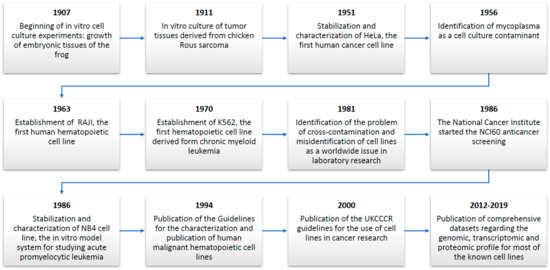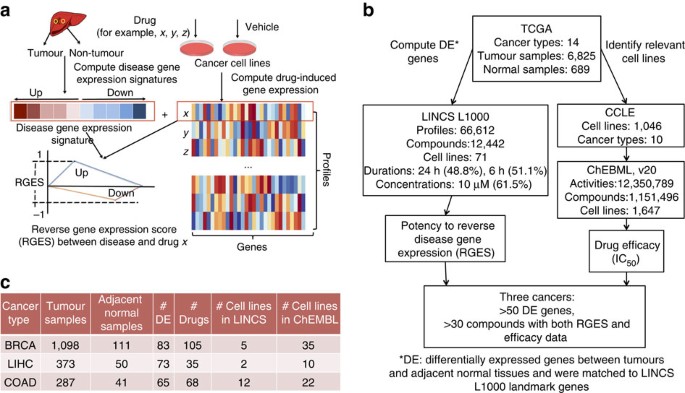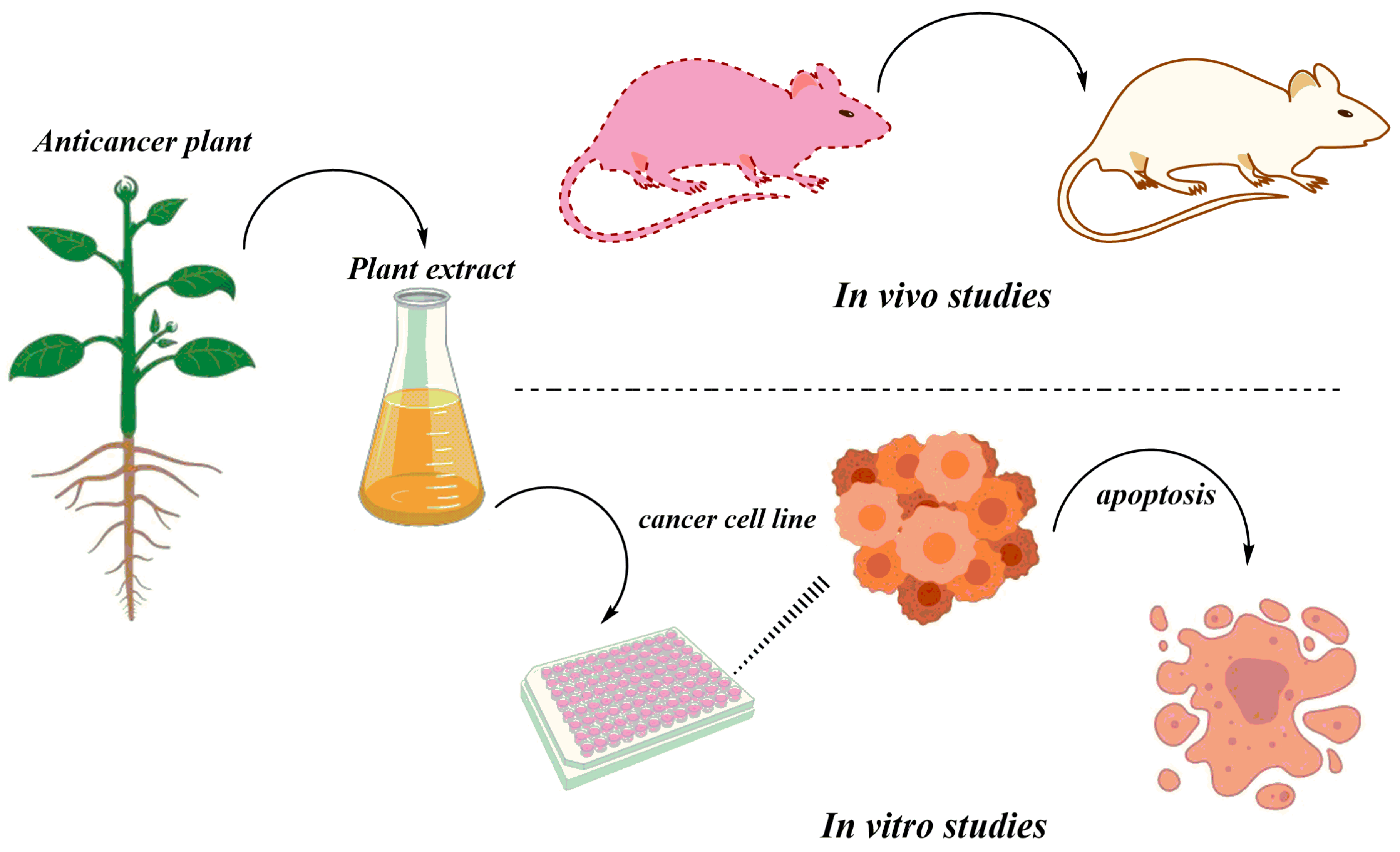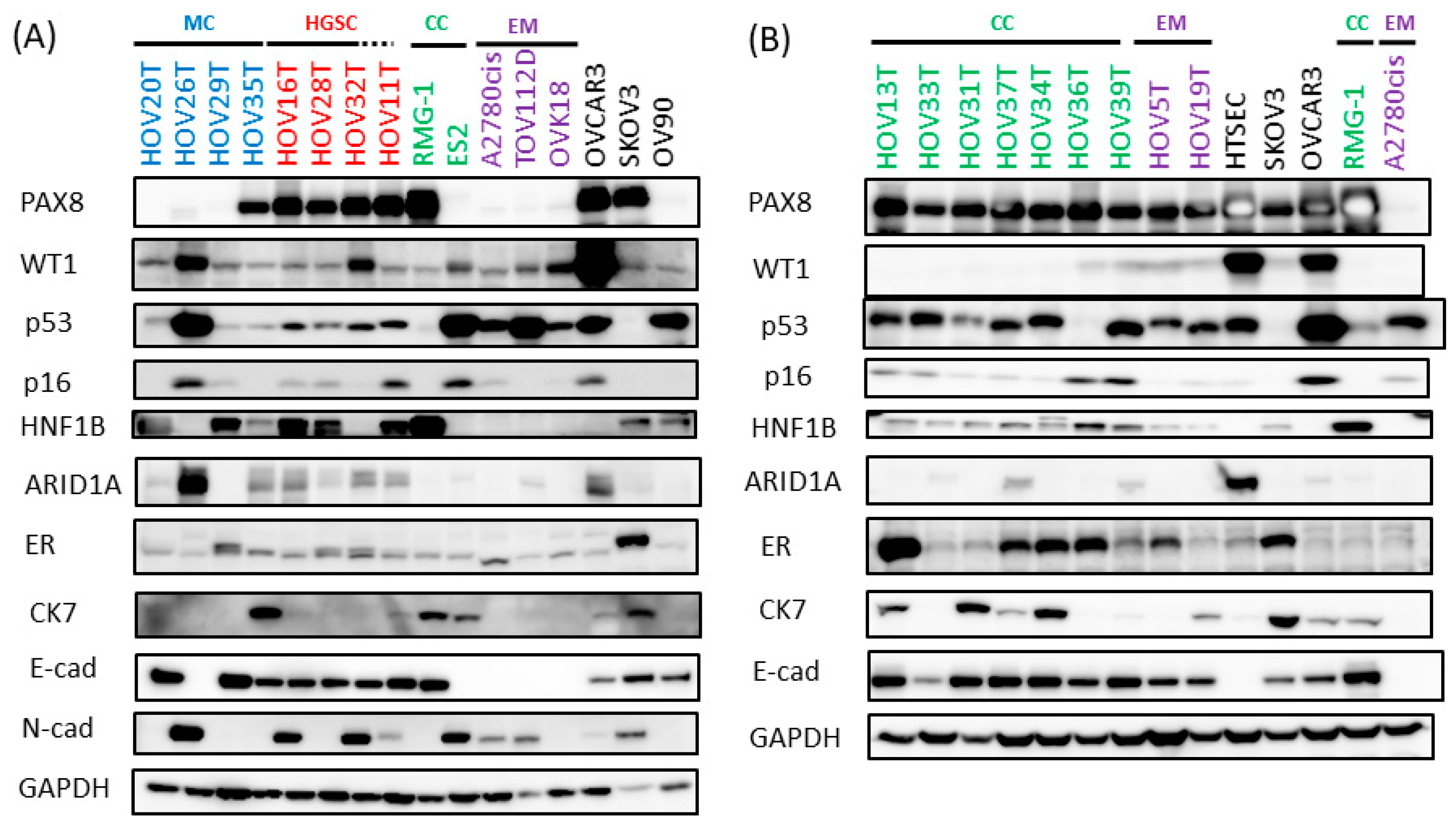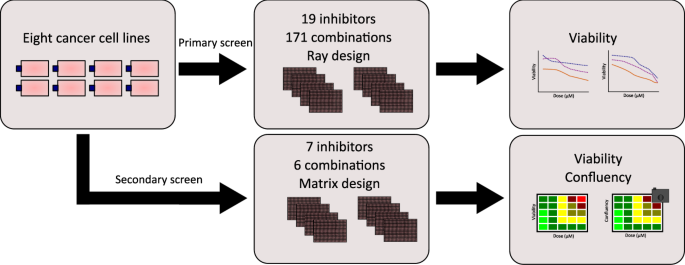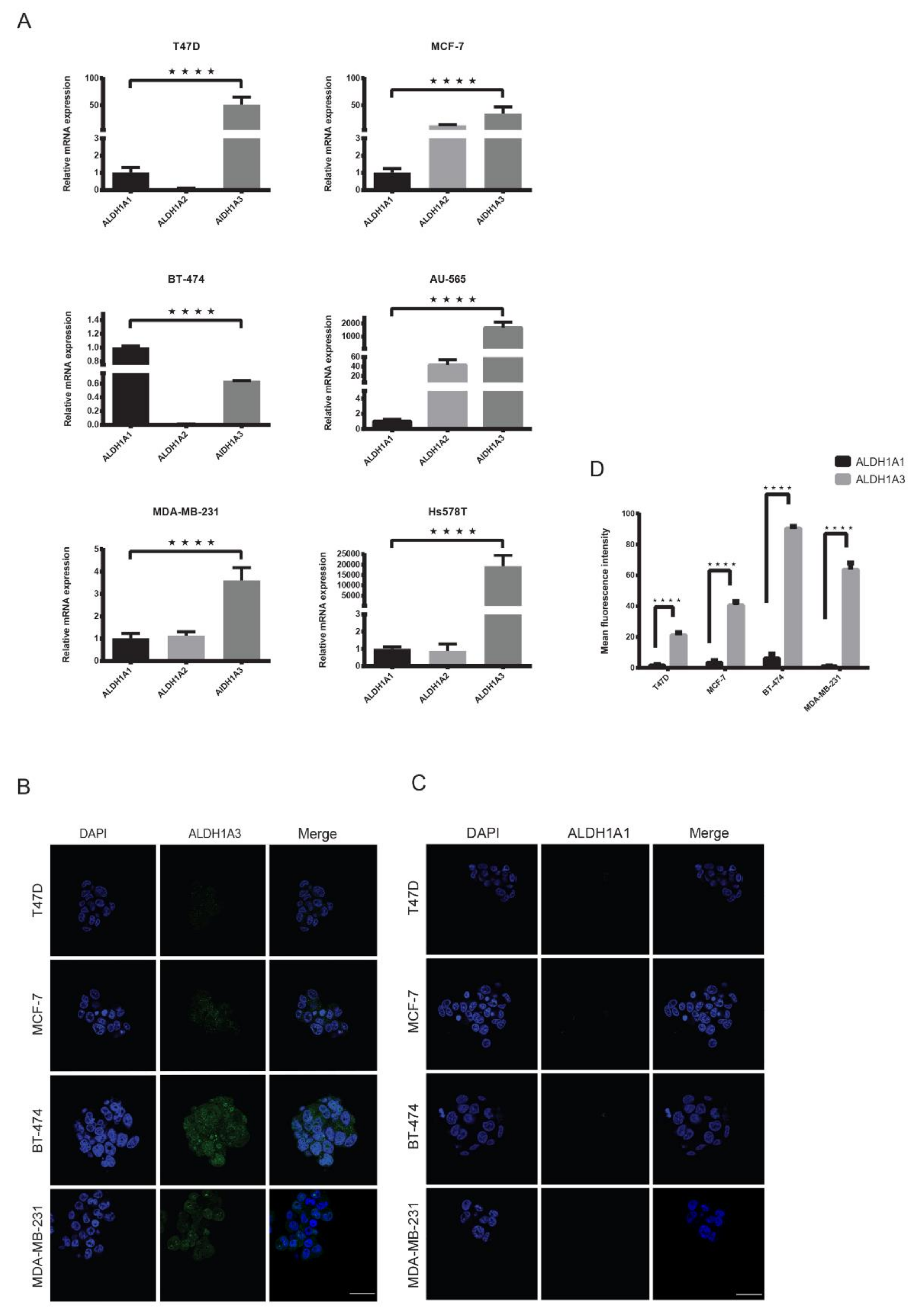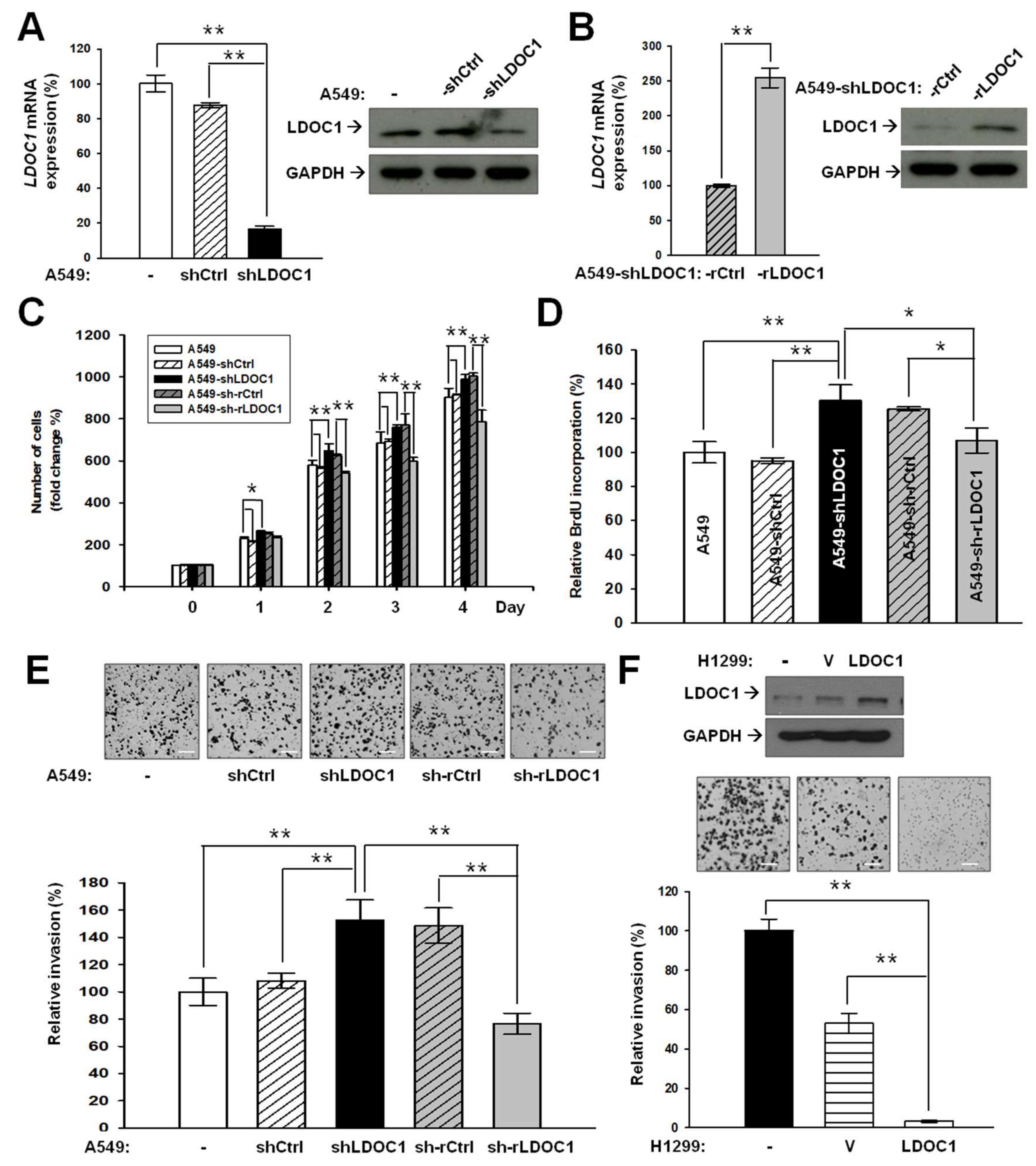Lung cancer cell lines have made a substantial contribution to lung cancer translational research and biomedical discovery.
Lung cancer cell lines as tools for biomedical discovery and research.
Lung cancer cell lines have made a substantial contribution to lung cancer translational research and biomedical discovery.
Lung cancer cell lines are crucial for translational and biomedical research.
A systematic approach to initiating and characterizing cell lines from small cell and non small cell lung carcinomas has led to the current collection of more than 200 lung cancer cell lines a number that exceeds those for other common epithelial cancers.
Lung cancer remains the commonest form of cancer deaths in the world.
Lung cancer cell lines have made a substantial contribution to lung cancer translational research and biomedical discovery.
Lung cancer cell lines as tools for biomedical discovery and research article literature review pdf available in journal of the national cancer institute 102 17 1310 21 september 2010.
Lung cancer cells were successfully cultured approximately 25 years after the establishment of a human cervical.
We compared a variety of properties of 12 human non small cell lung carcinoma nsclc cell lines.
Although human lung tumor derived cell lines play an important role in the investigation of lung cancer biology and genetics there is no comprehensive study comparing the genotypic and phenotypic properties of lung cancer cell lines with those of the individual tumors from which they were derived.
High throughput technologies used in modern biomedical research generate large complex datasets that provide comprehensive information about patients animal models or cell lines being studied.
A systematic approach to initiating and characterizing cell lines from small cell and non small cell lung carcinomas has led to the current collection of more than 200 lung cancer cell lines a number that exceeds those.
Lung cancer cell lines as tools for biomedical discovery and research.







